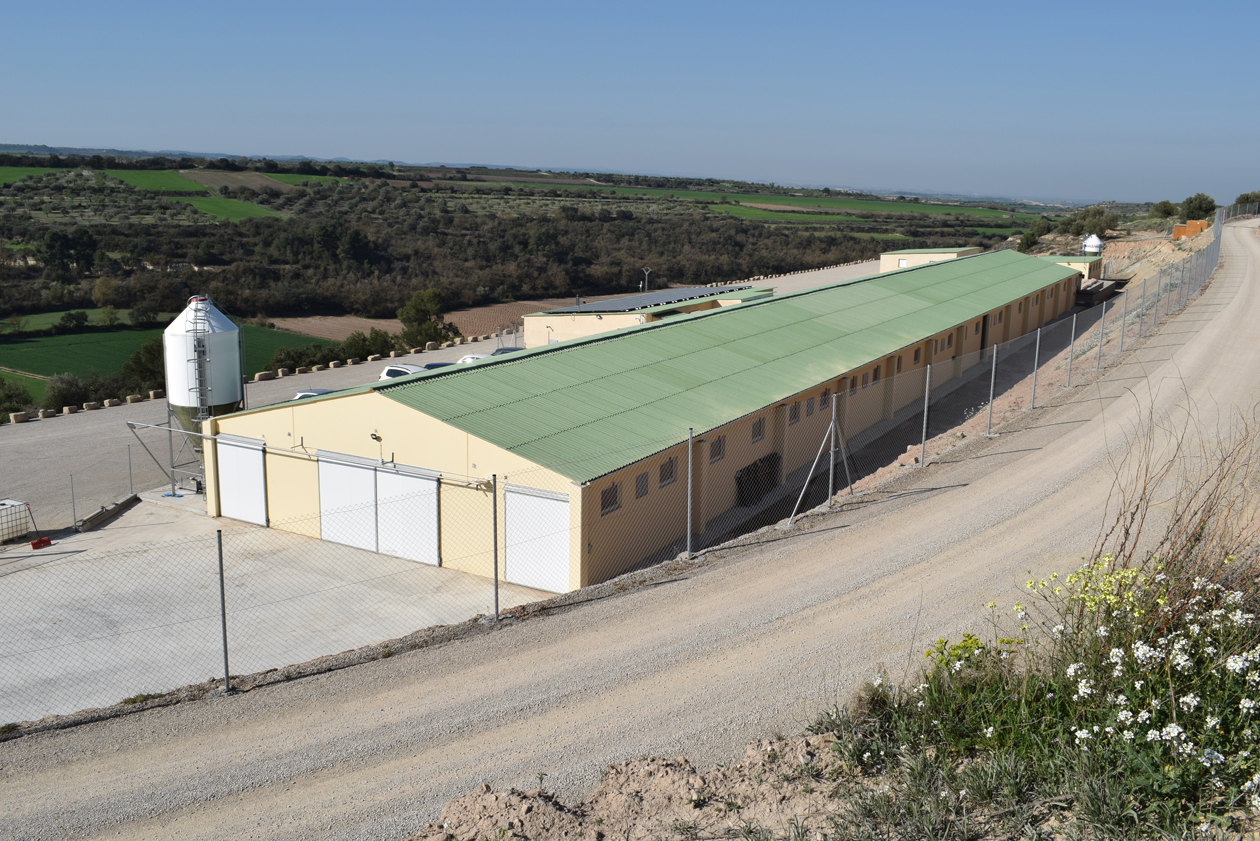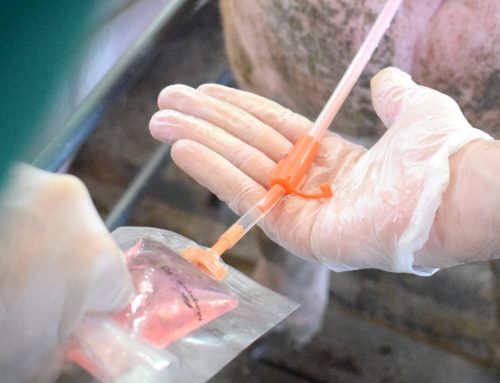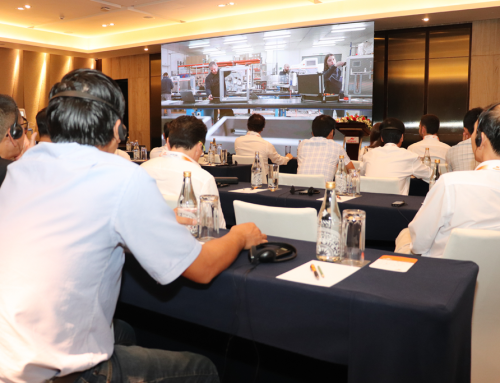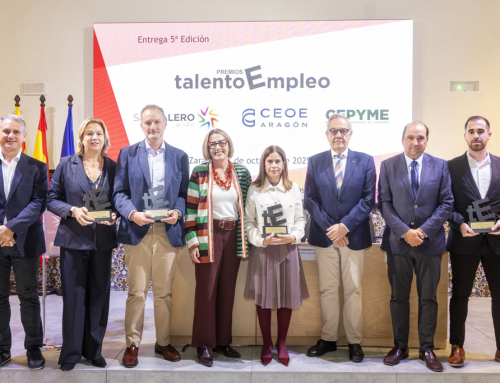Royal Order 306/2020, of 11 February, which establishes basic rules for the management of intensive pig farms and modifies the basic rules for the management of extensive pig farms, includes the term biosecurity, which it defines as the set of measures covering both farm structures and those aspects of handling and management, aimed at protecting animals from the entry and spread of infectious, contagious and parasitic diseases.
On the other hand, Regulation (EU) 2016/429 of the European Parliament and of the Council, of 9 March 2016, indicates that pig holdings must undergo animal health visits by the veterinarian of the holding, and must include the evaluation of biosecurity requirements, among other aspects to be reviewed.
Important measures to be followed
In addition, Royal Decree 306/2020 details the biosecurity specifications that pig farms must comply with, which are listed below:
- Have perimeter fencing or isolation to prevent the entry of people and wild animals into the interior of the center.
- All openings to the outside which are not suitable for the transit of persons, animals or vehicles shall be covered with netting.
- Holdings carrying out external restocking shall have specific facilities for quarantine separate from the rest of the production facilities, where they shall be housed for a minimum of 3 weeks with the aim of preventing the transmission of infectious-contagious agents, and it shall be verified that the health status is equal or superior to that of the holding, at least with the diseases subject to official health programmes.
- They shall have disinfection arches and/or a sanitary ford for vehicles entering the holding, and shall ensure effective disinfection of the wheels, wheel arches and the underside of the vehicle. All other entrances shall have footbridges or similar means at the entrance to the enclosure.
- Have locker rooms available before entering the production area, with a clear separation between clean and dirty areas, as well as facilities and means for hand washing, together with hygiene and biosecurity protocols to be complied with before entering the production area.
- Provide adequate conditions for body hygiene for all persons entering the holding.
- The entry of vehicles shall be minimised as much as possible and visitors’ vehicles shall remain in a designated place outside the perimeter fence. All operations that vehicles can carry out from outside the fence shall be carried out without entering the farm (loading and unloading of animals, distribution of feed, etc.).
- Visits shall also be limited to what is strictly necessary, with an effective system of control and registration of visits, noting visits, identification of vehicles and persons entering, including their personal details and the last holding visited.
- They shall be provided with cleaning and handling tools, and clothing and footwear for the exclusive use of the holding.
- Footbaths shall be placed at the entrance to each shed.
- All groups of animals must be subjected to a daily health check.
- Manure management shall be carried out in compliance with current legislation.
- Pig semen shall come from an approved pig semen collection centre.
- All sick animals shall be segregated in specific areas in order to isolate them from other animals for health or biosecurity reasons.
- Water supply shall come from the municipal water supply or other sources which shall be subject to quality control and, where appropriate, purification treatment.
- There shall be a secure, protected and marked place to store veterinary and animal feedstuffs, medicines, biocides, phytosanitary and other animal health or cleaning products.
Importance of biosecurity in insemination centres
Due to the possibility of pathogens entering pig farms through visitors, vehicles or materials, a shower before entering the production area and a change of clothes and shoes, disinfection of entering vehicles and, in many cases, keeping the materials to be introduced in an ozone-treated room to ensure disinfection and that they do not carry anything. Some insemination centres even work with filtered air.
Since all fomites brought in from outside can carry pathogenic agents, the aim is to reduce the entry of materials as much as possible, and each area has its own utensils to avoid transferring them between different areas of the insemination centre. All these fomites, in addition to having contact with the animals and favouring direct transmission to them, can contaminate the clothing, footwear or hands of the operators, which can lead to indirect transmission of pathogens.
As the sanitary situation of insemination centres may vary from one to another, materials entering one insemination centre cannot be introduced into a different one, as there is a risk of transmission of pathogens from one centre to another, and therefore a health risk.
Bibliography
Royal Decree 306/2020 of 11 February establishing basic rules for the management of intensive pig farms and amending the basic rules for the management of extensive pig farms.




